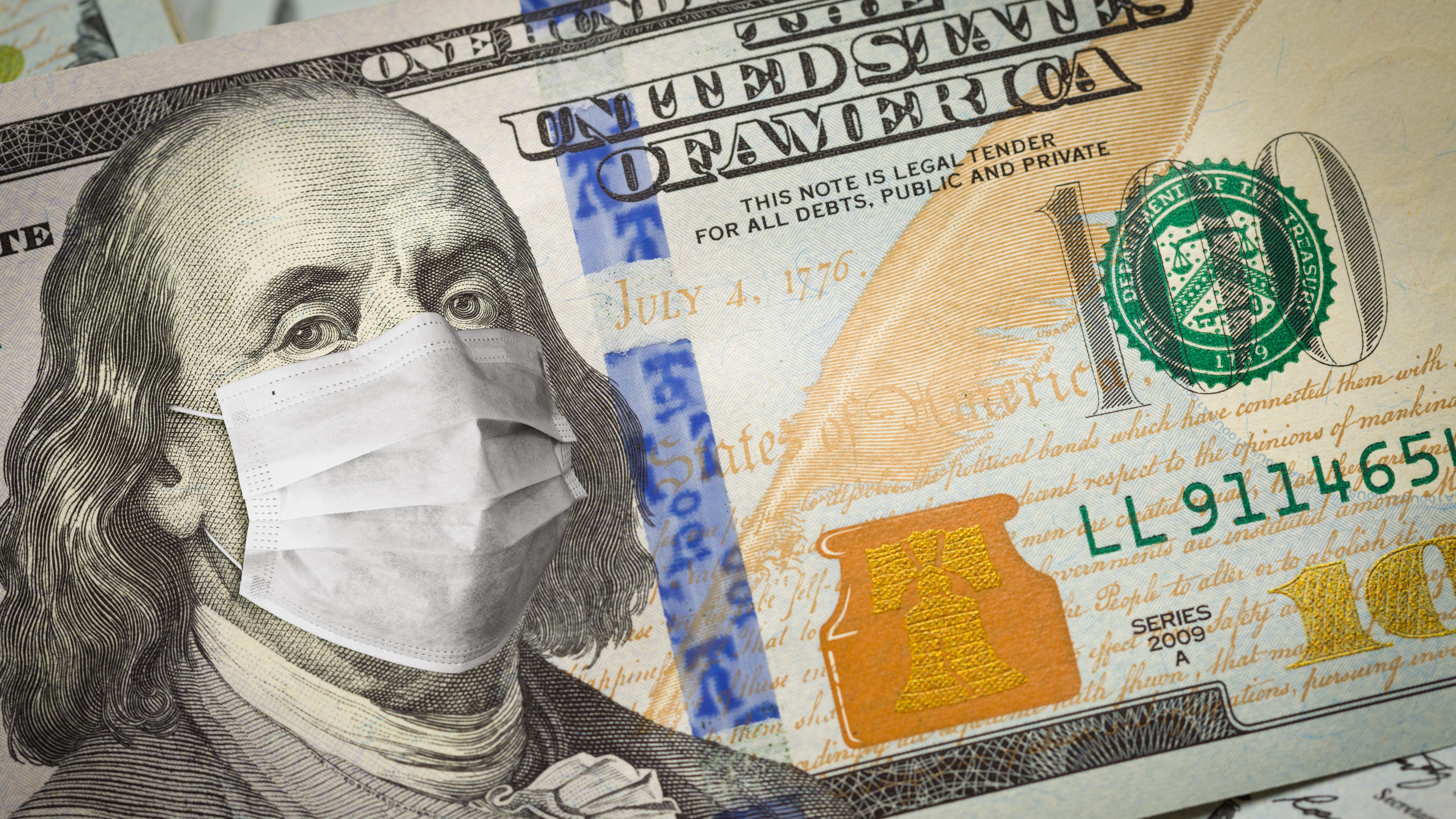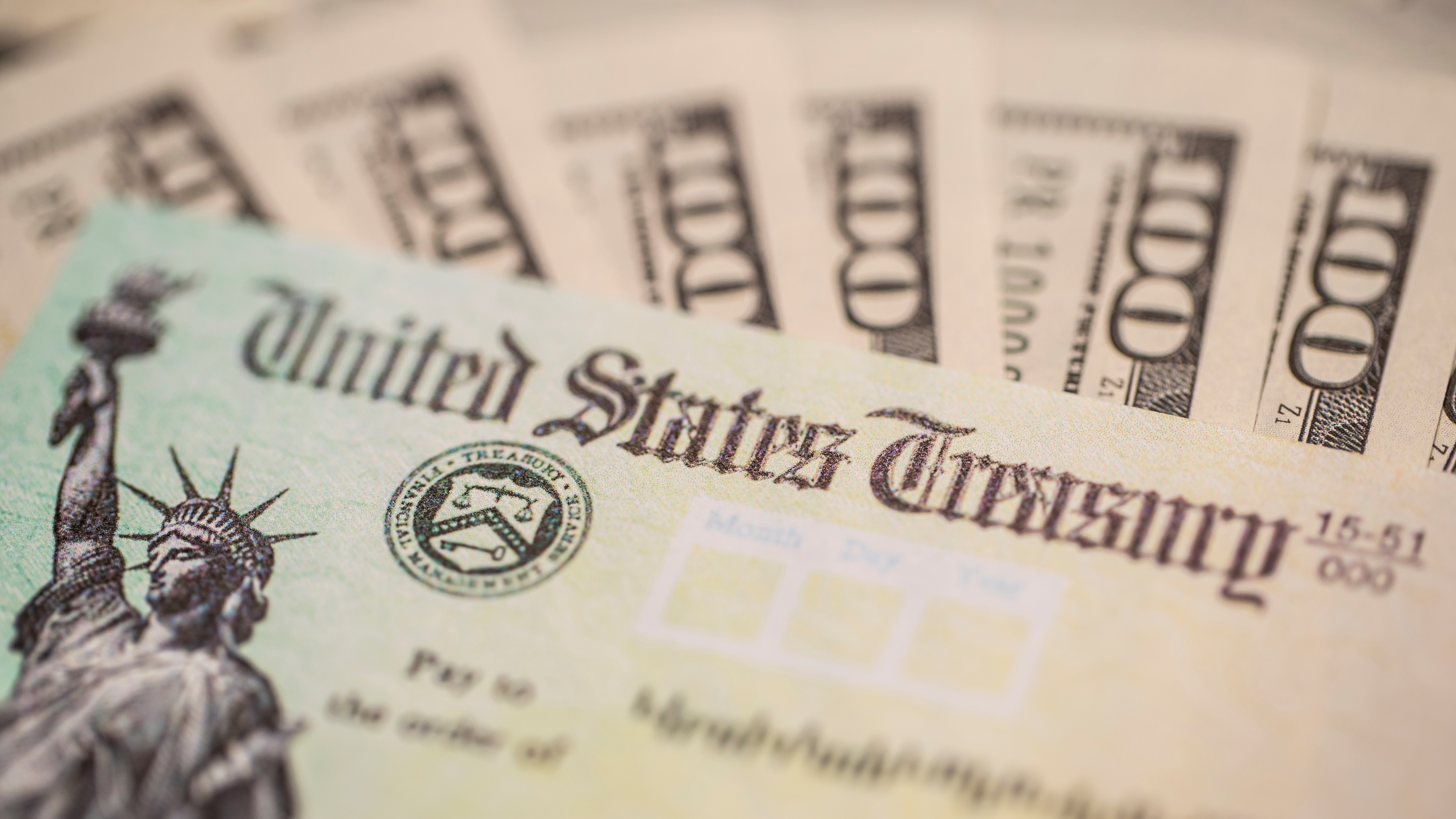Americans who didn't register in time to receive the $500 per child element of the original coronavirus stimulus check have been given another three weeks to submit their claim. With the September 30 deadline to claim the missing payment long gone, the Internal Revenue Service (IRS) has now set a new end date of November 21 to register for the extra money.
While the vast majority of qualifying Americans have received all of the stimulus money they are due, there are a number who are still waiting for their child related payments to be made. The first Economic Impact Payment (EIP) - as it is formally known - has seen individual eligible US taxpayers receive up to $1,200 from the Federal Government and joint-filers receive a maximum of $2,400, with an extra $500 also on offer for each qualifying dependent. The checks were first introduced in March as a way to prop up the incomes of Americans amid the economic disruption caused by the coronavirus pandemic, and to hopefully stop people having to take on debt in the form of personal loans, or payday loans, to cope financially.
Who does the extension apply to?
The new cut off means anyone who registers using the Non-Filers: Enter Info Here tool now has another chance to apply for and receive their dependent payments if they are eligible. This includes those beneficiaries who have already received their stimulus payment but did not receive the extra $500 payment for qualifying children.
The extended deadline applies to those with qualifying children who receive Social Security retirement, survivor or disability benefits, Supplemental Security Income (SSI), Railroad Retirement benefits and Veterans Affairs Compensation and Pension (C&P) benefits and did not file a tax return in 2018 or 2019.

Further push to help non-filers
At the same time, the IRS revealed that November 10 has been set as what it is calling "National EIP Registration Day". The initiative is part of a final push to encourage everyone who doesn't normally file a tax return to register to receive their stimulus check.
Taking place just over a week ahead of the extended registration deadline for non-tax filers - which is also November 21 - the event will see IRS partner groups inside and outside of the tax community help spread the word about the final cut off date. The IRS has already sent nearly 9 million reminder letters to people who may be eligible for the payments but don't normally file a tax return.
Extra registration support
Particular focus will be given to raising awareness among low-income and underserved community members, who are likely to benefit from the money the most, but are at risk of missing out. Special support for people who still need to register for the payments will be available, including information and resources in 35 languages.
"Our partner groups have been a critical part of the unprecedented IRS outreach and education campaign this year to contact as many people as possible about these payments," said IRS Commissioner Chuck Rettig. "As a result, millions of Americans have successfully used the Non-filers portal and received their Economic Impact Payment. Registration is quick and easy, and we urge everyone to share this information to reach as many people before time runs out on November 21."

The Non-Filers tool is aimed squarely at people who normally aren't required to file a tax return to register for their stimulus payment. It is designed for people with incomes typically below $24,400 for married couples, and $12,200 for individuals who could not be claimed as a dependent by someone else. This includes couples and individuals who are experiencing homelessness. Anyone who uses the tool can speed up the arrival of their payment by choosing to receive it by direct deposit. If this option is not chosen, recipients will get a check.
How to push back against debt
If you’re struggling to make financial ends meet, either as a result of the pandemic or due to past money worries that you might have had, then you’re not alone. Debt is becoming a greater concern for millions more Americans at present, but help could be at hand. In particular, anyone falling behind on credit card or loan payments are being urged to contact their lender to check what support might be available, including payment holidays.
If your situation is more serious, and your debt is starting to really spiral out of control, debt counselors are one point of contact you could turn to, or the best debt consolidation companies to see whether they can help you better manage what you owe. Our advice on consolidating debt and finding a method that works for you is a good place to start too.

